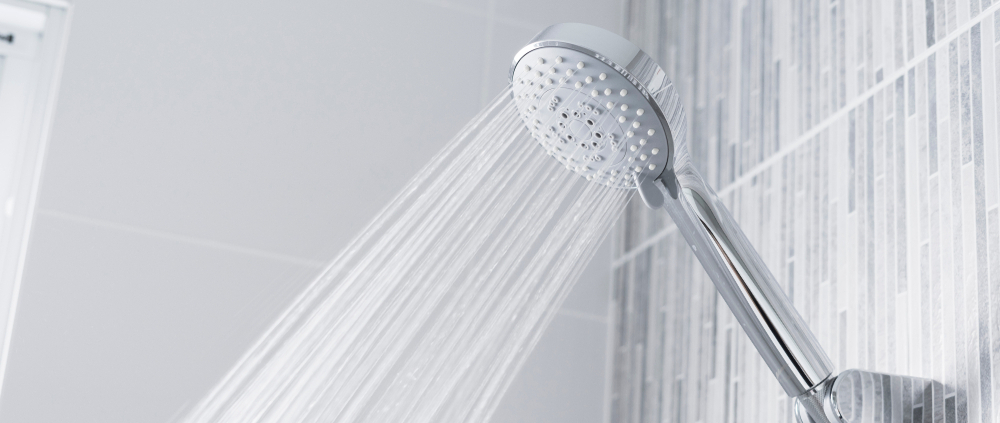What If I Prayed and Fasted in a State of Ritual Impurity (Janaba) Out of Ignorance?
Hanafi Fiqh
Answered by Ustadh Sufyan Qufi
Question
My problem is that I didn’t know that ghusl is obligatory upon entering the state of Janaba. What about my prayers, state of purity, and fasts? Is it obligatory for me to still take ghusl for Janba (it was about two years ago that I entered that state)? Does it only count from now on because now I got to learn about it being obligatory?
Answer
In the name of Allah, Most Compassionate, Most Merciful,
I pray this finds you in the best of states.
Yes, you will have to make up some of your prayers. As for your fasts, they are definitely valid.
When Is a Ghusl Obligatory
It is obligatory (fard) for a woman to perform a Ghusl to pray validly after the following events:
- The exiting of post-orgasm fluid (madhi), even if this orgasm has been reached without a sexual relationship with a partner;
- Her private parts being penetrated by the male organ;
- Finding sexual fluid upon waking up while remembering a dream in which intercourse was seen;
- Upon completion of post-natal bleeding or menstruation. [Shurunbulali, Nur al-Idah]
As for your fasts, they will be valid regardless of whether you were in a state of major ritual purity (janaba) or not. [Ibid]
Validity of the Ritual Bath
For a ritual bath (ghusl) to be valid, an intention is not needed as long as you have washed your body fully with water, including your hair, the inside of your mouth, and the inside of the soft part of your nose, even if the full washing happened in different settings. [Ibid]
This means that taking a regular shower only seeking cleanliness, without any intention to perform a ritual bath (ghusl), is enough to be deemed ritual pure and to be allowed to pray, as long as you are confident that you have washed your mouth and your nostrils in the process. Simply drinking a glass of water after the shower would also fulfill the duty of washing your mouth. Washing your mouth and nostrils during your regular wudu would also satisfy the duty of washing them for exiting the state of Janaba. This is the case even if, between your regular shower and your wudu, you happened to use the toilets, for example. [Shurunbulali, Maraqi al-Falah]
As a side note, using soap and shampoo while showering won’t invalidate your Ghusl in the Hanafi school, so don’t worry about it. [Ibid]
Thus, in light of the above, you can be assured that:
- All your fasts were valid without exception, even if you have spent the whole day in the state of Janaba.
- Many of your prayers were valid because you were not in a state of Janaba by simply taking a regular shower and washing your mouth and nostrils during your wudu.
How to Process
What you need to do now is use your judgment and guess the number of the relatively few prayers you might have prayed in a state of major ritual purity (janaba). It would only be those prayers that you have prayed by performing wudu only right after your menstruation has ended or right after having marital relations without taking a shower between your wudu and these events. Simply make up these prayers as soon as you can without falling into hardship and ask forgiveness from Allah, Most High, for these shortcomings.
Allah Most High says: “And He is the one who accepts the repentance of His servants.” [Quran, 42:25]
And Allah knows best.
Wassalam
[Ustadh] Sufyan Qufi
Checked and Approved by Shaykh Faraz Rabbani
Ustadh Sufyan Qufi is an advanced seeker of knowledge, originally from Algeria, who grew up in France. He began searching far and wide for answers to the fundamental questions of life and was disappointed at the answers he found. Then he connected with various traditional teachers and gradually connected with SeekersGuidance. He embarked on his journey of learning through the various teachers at SeekersGuidance, including his mentor Shaykh Faraz Rabbani. He studied numerous texts in Islamic Law, Theology, Hadith, and other areas with Shaykh Faraz Rabbani and other teachers, including Shaykh Abdurrahman al-Sha‘ar, Shaykh Ali Hani, and others. He is an active instructor at SeekersGuidance and answers questions through the SeekersGuidance Answers Service.
